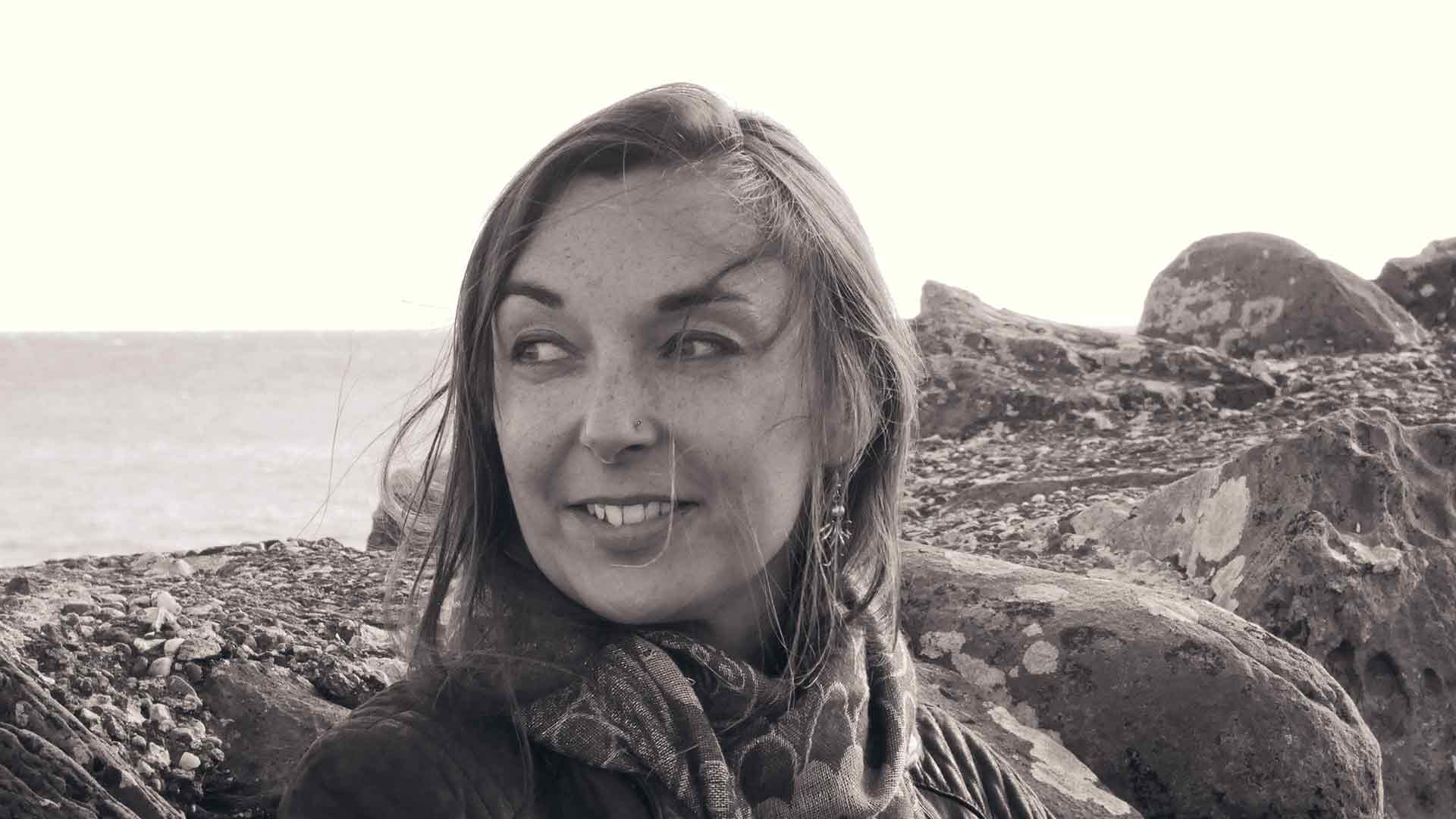You are viewing your 1 free article this month. Login to read more articles.
Lorraine Wilson discusses the importance of industry-level recognition for disabled authors
Penny Batchelor interviews ADCI Literary Prize 2024 winner Lorraine Wilson.
Sometimes momentous things punctuate an ordinary moment. Such was the case for novelist Lorraine Wilson, who was sitting at her desk procrastinating and arguing with her cat when she heard the news that she had won the ADCI Literary Prize for her third novel, Mother Sea—described by judge Nii Ayikwei Parkes as “a wonderfully realised, quietly political novel that speaks to some of the most urgent issues of our time”.
“It’s a huge honour,” says Wilson. “I’m so proud to be part of the ADCI community, so to get to be a part of this prize means so much to me. I think awards are strange things for authors because they’re so subjective. You can’t pin your sense of writerly worth to them. But they are hard proof that your book has resonated with readers at some level, which is just a wonderful thing to know.”
ADCI stands for Authors with Disabilities and Chronic Illnesses. Publisher Clare Christian and I founded the prize in 2022 with the support of the Society of Authors and sponsors. We wanted to showcase brilliant adult fiction written by disabled and/or chronically ill writers who include positive disability representation in their novels, and encourage a sea change in the publishing industry— apt, considering this year’s winning title.
Mother Sea includes nuanced portrayals of depression while telling the story of an island community facing the threat of displacement because of rising sea levels, a neonatal tetanus epidemic and the shady pressures of the Commonwealth Office. “It’s about the meeting point of western science and traditional knowledge, grief and faith and trying to reconcile all the disparate parts of yourself into something you can love,” says Wilson.
Her previous novels This is Our Undoing (2021) and The Way the Light Bends (2022), were, along with Mother Sea, longlisted for the British Science Fiction Awards. She has won two Subjective Chaos Kind of Awards, as well as a British Fantasy Award for her short fiction, and was a finalist for the Kavya Prize, Saltire Best Novel Award and two further British Fantasy Awards. Wilson describes her fiction as “sitting in a genre-blurring lit/spec space… I think the very lovely awards recognition for these books shows there’s a readership out there for books that move beyond the conventional moulds of genre and diversity, which fills me with so much hope.”
Her home, in the East Neuk of Fife, is a constant source of mental peace and inspiration for the former conservation scientist, who had to give up her job when she became ill. When I ask about juggling ill health and writing she says her work has to fit around the limits of her health and family. “Being a published author means being beholden to other people’s timelines on everything from edits to social media to events, but my body doesn’t care whether I’ve got an event tonight. In fact, having a deadline or an event land on my desk is going to cost me. So it’s a constant balancing act of trying to structure all these shifting parts of the job to protect your health, of deciding whether doing ‘x’ thing is worth the pain cost, of weathering the days when you can’t write, or can’t attend an event, even though you really, really want to. I’m very lucky though, in that I’ve been supported so well by all of my publishers, and have an amazing community of writer friends.”
How does she think the publishing industry can better assist ADCI writers? “I am hugely relieved to see hybrid events enduring, despite some shrinkage after the end of pandemic lockdowns. Online events offer so much accessibility, not just for the 20% of the population living with disabilities, but for anyone living outside the publishing hotspots, anyone with carer/parental/work responsibilities or financial constraints. So I am all for hybrid and digital events continuing and growing.”
Then she points out the monetary concerns some disabled writers face. “Disability often incurs a ‘tax’ of higher travel costs, so I’d love to see publishers and organisations look at proactively offering more financial backing for authors to attend events. I would also, and this applies to all marginalised authors not just disabled ones, love to see our books consistently defined by the story first, not by our marginalisation.”
Her next book, We Are All Ghosts in the Forest, is published in November 2024 with Solaris Books. She describes it as “set in a near future where the internet has broken and the world is haunted by its digital ghosts. It’s a book about trust and friendship, and people trying imperfectly to navigate an unfathomable world.” Aren’t we all?
Amazon-bestselling author Penny Batchelor is a co-founder and a judge of the ADCI Literary Prize. Her latest psychological thriller, The Reunion Party, was published in June 2024 by Embla Books.
Nominations for the 2025 ADCI Literary Prize open in the Autumn, with submissions welcomed from both publishers and self-published authors. For eligibility details please click here.
Book Extract
Sisi de Mathilde had thought herself reconciled, until today. An hour after dawn, she stood in the doorway of her house gazing westward across the bay and the blue ocean, and wished herself gone more terribly than she had wished it for years. Away from loyalty and ancestors and the parameters of their island; away to the Seychelles or South Africa beyond. Anywhere, she thought, other than here with children’s voices lonely on the beach, and beyond the reef her husband fishing. Anywhere other than here, today, with this secret.
Chickens were squabbling behind her house and somewhere a coconut fell to the ground, but Sisi barely heard them, the way you barely hear your own heartbeat or the voice of the sea. And yet when the two children laughed down on the beach, she flinched.
"Oh Mother," she whispered. That they were the island’s only children, and still laughed. That they, and her secret, all translated into heartbreak in a thousand different ways.














